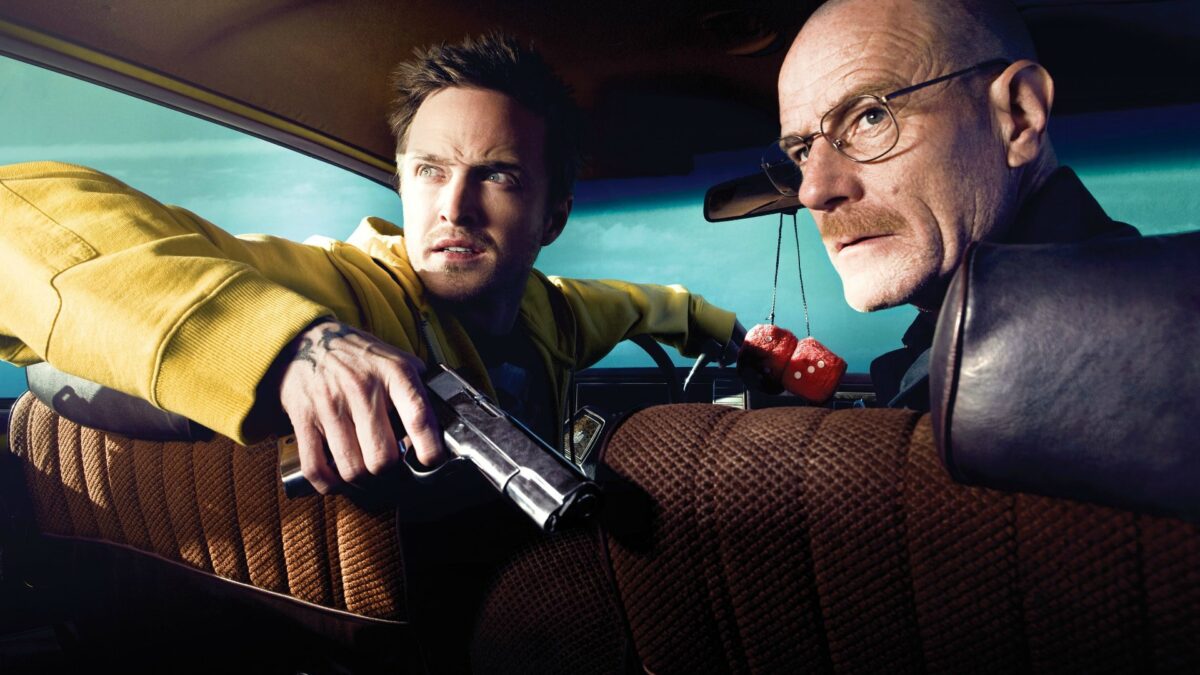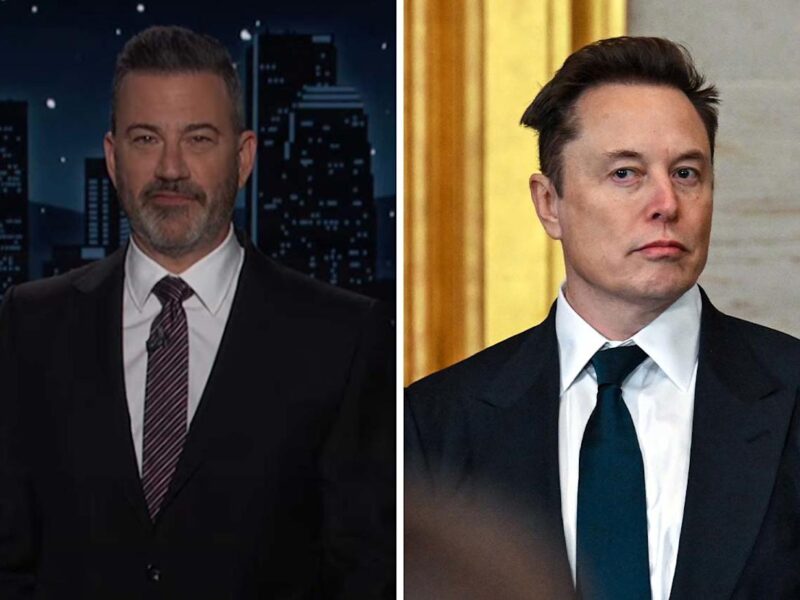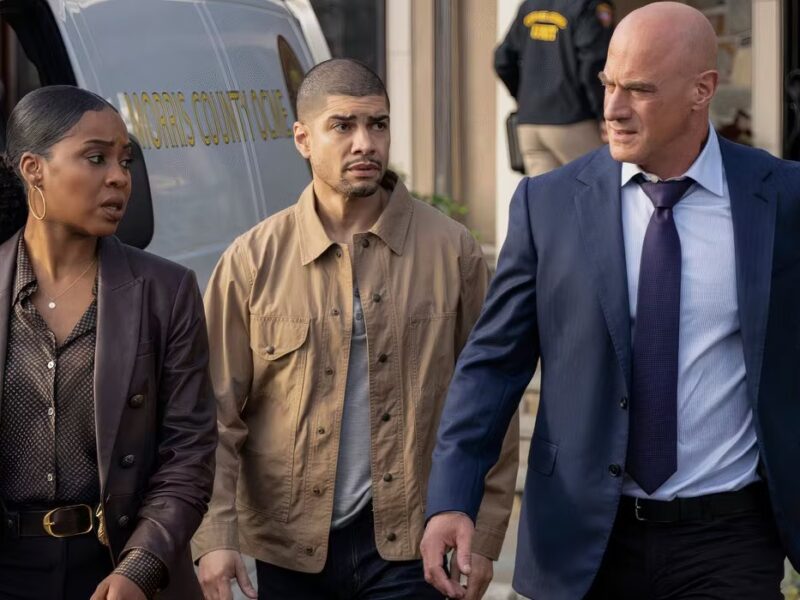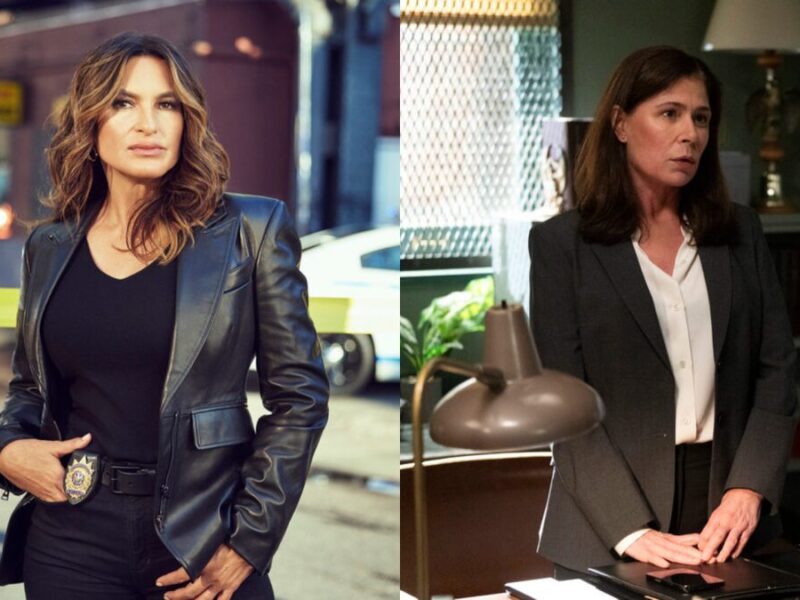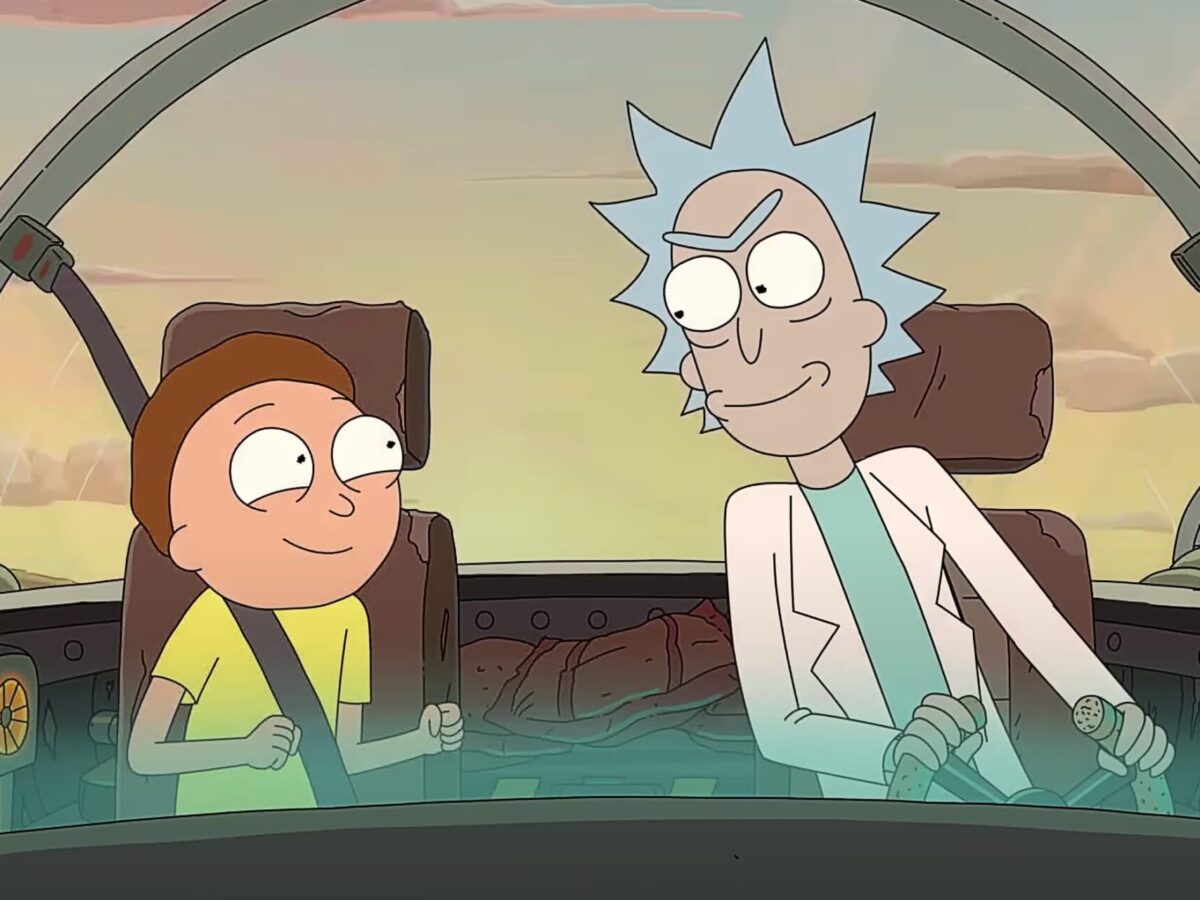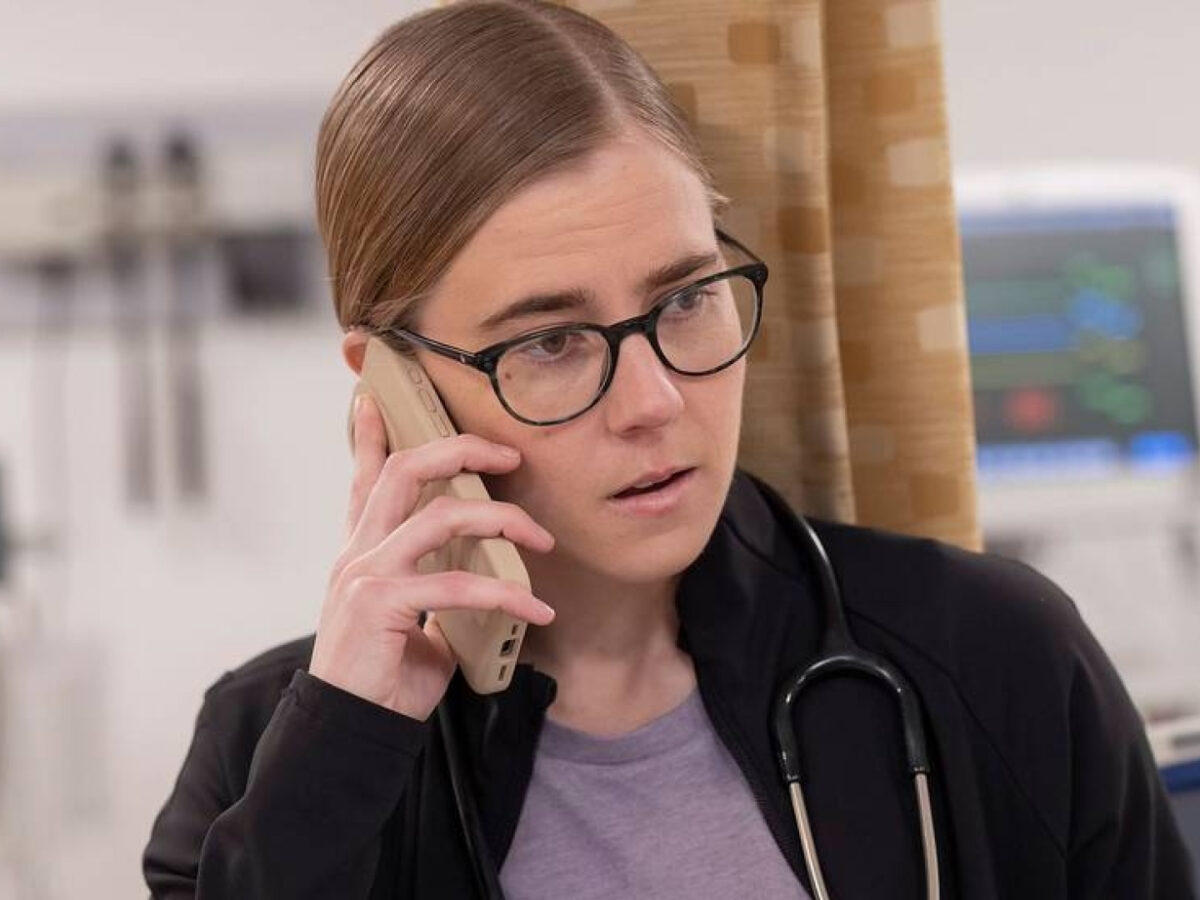Breaking Bad, one of television’s most iconic series, remains a topic of conversation more than a decade after its premiere. From its debut on AMC, the show captivated audiences with its daring exploration of morality, crime, and human relationships. But what turned this drama into a cultural phenomenon that transcends generations?
The Impact of a Dark and Human Narrative
Breaking Bad’s storyline stands out for its complexity and evolution. The transformation of Walter White, a chemistry teacher turned drug lord, resonated with viewers drawn to the fragility of human ethics. This descent into darkness unfolds meticulously over five seasons, allowing the audience to empathize, criticize, and ultimately confront their own values.
The dynamic between Walter White and Jesse Pinkman (played by Aaron Paul) added emotional depth. Their character arcs offered a detailed study of guilt, redemption, and the consequences of choices.
The transformation of Walter White: A journey into darkness
At its core, Breaking Bad is a story about change—particularly the transformation of Walter White from a mild-mannered chemistry teacher to the infamous drug kingpin “Heisenberg.” This evolution is masterfully portrayed by Bryan Cranston, who brings an unmatched depth to Walter’s duality.
The show’s writing pushes boundaries, asking viewers to question their own moral compass. Are Walter’s actions justified because he’s providing for his family? Or is he driven by pride and greed? This narrative complexity is what makes Breaking Bad a must-watch, as it allows audiences to empathize and critique simultaneously.
One unforgettable aspect is the relationship between Walter and Jesse Pinkman, played by Aaron Paul. Their bond, built on a mix of mentorship and manipulation, is an emotional rollercoaster. Jesse’s journey from a small-time dealer to a tortured soul seeking redemption underscores the show’s emotional gravity.
High-Quality Production and Attention to Detail
Vince Gilligan’s direction and the technical expertise of the production team were key to the show’s success. Visual elements, such as symbolic use of color and cinematic framing, raised the standard for television storytelling. Breaking Bad didn’t just tell a story; it delivered a visual experience that kept viewers on the edge of their seats.
Another notable feature was the scientific accuracy behind the methamphetamine production, which added realism to the narrative. Additionally, the carefully selected soundtrack amplified the emotional weight and tension of each scene.
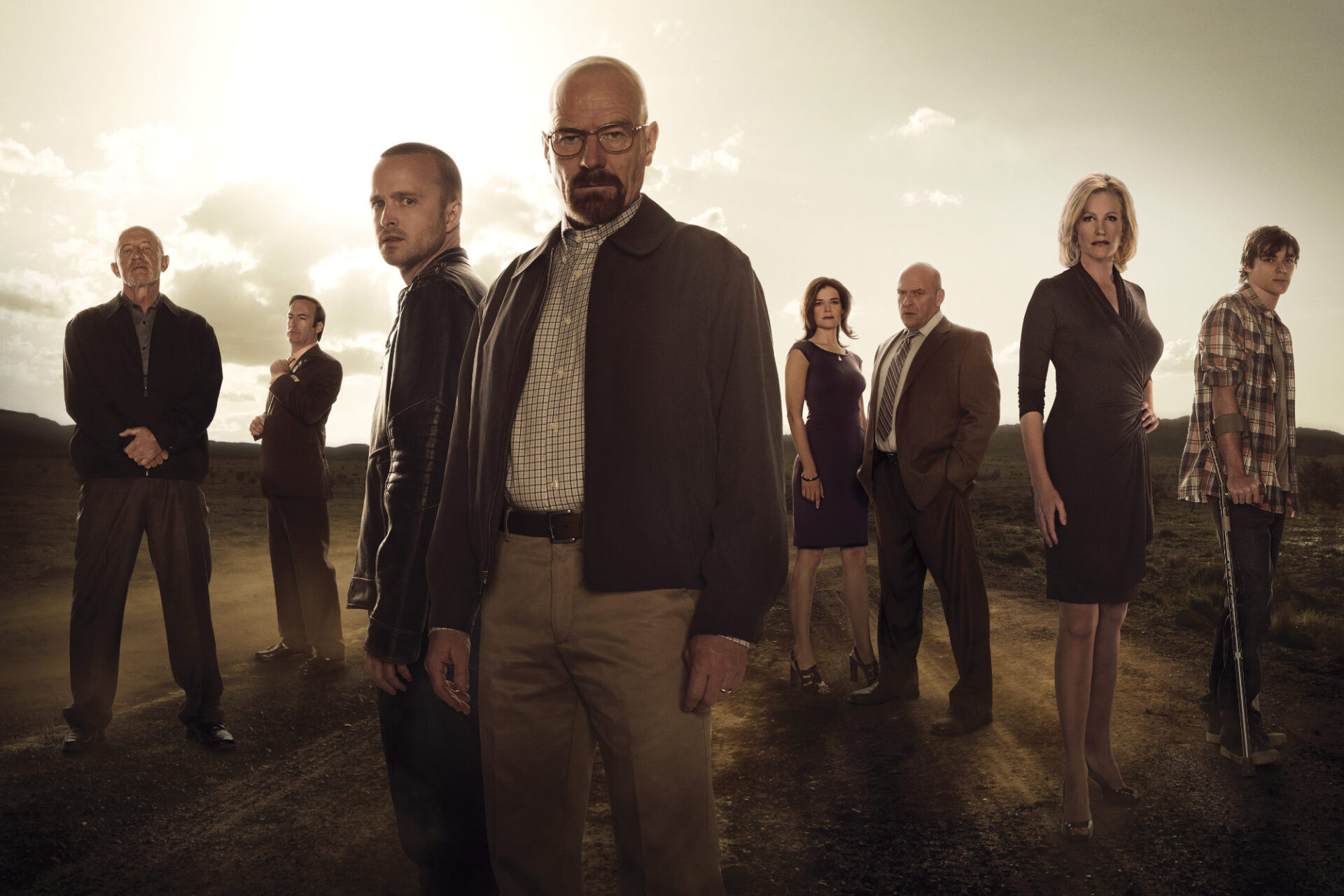
Cultural Resonance and Internet Memes
Beyond its artistic merits, Breaking Bad became ingrained in popular culture through memes and constant references on social media. Iconic quotes like “I am the one who knocks” and memorable moments, such as the infamous pizza-on-the-roof scene, have become part of the digital lexicon. This level of engagement ensures the series stays alive in collective memory.
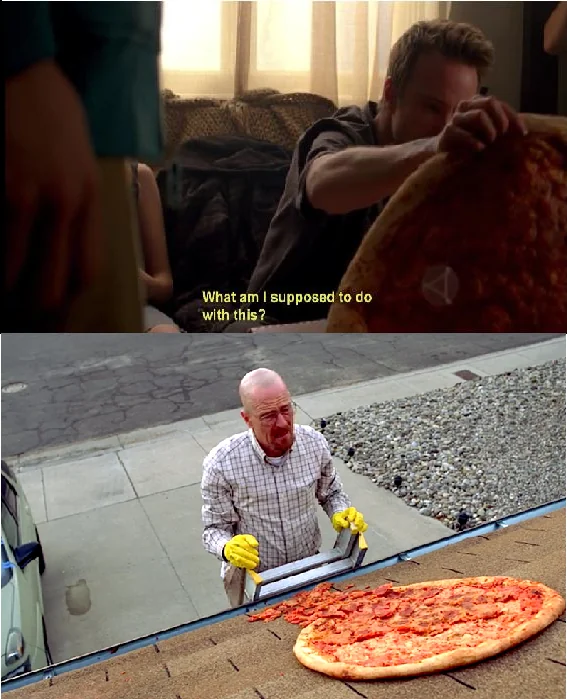
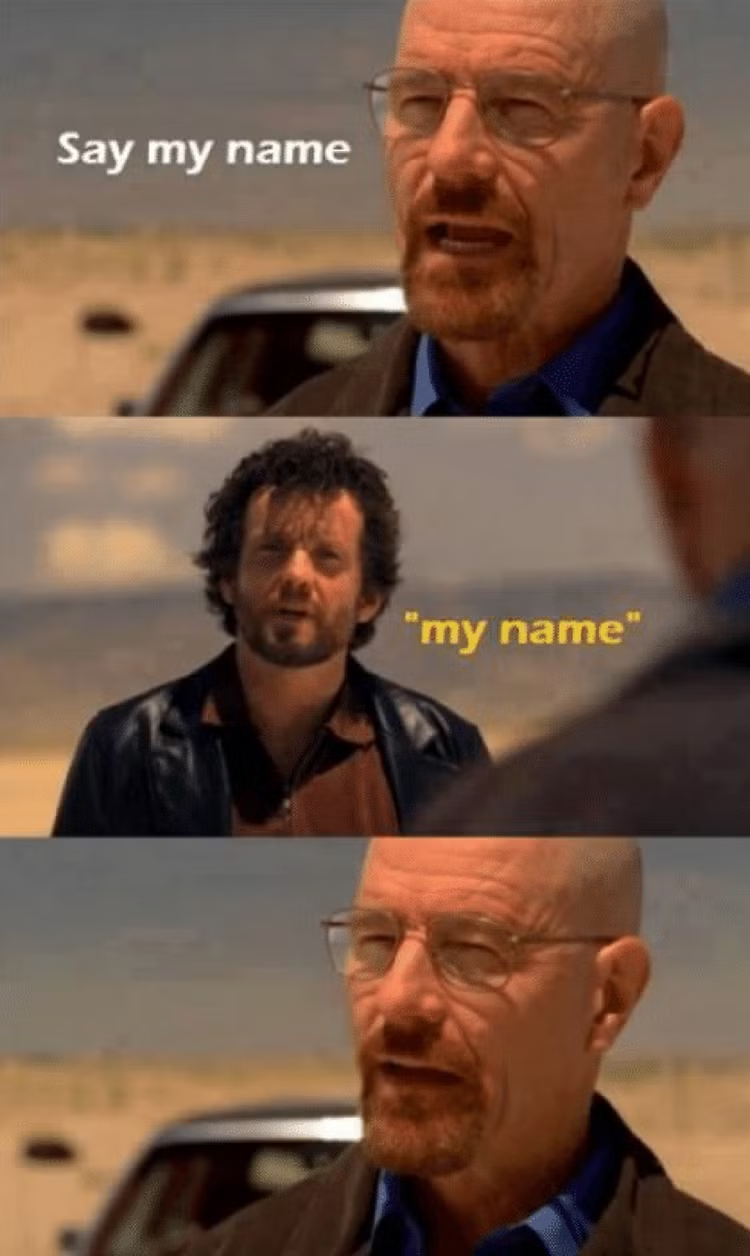
The show’s influence extended beyond television, becoming a part of everyday conversations. Its spin-offs, including Better Call Saul, prove that the demand for this universe hasn’t faded.
The Enduring Legacy
Today, Breaking Bad is more than just a TV show; it’s a benchmark for the evolution of modern television. Its success has inspired spin-offs like Better Call Saul, which delve deeper into its universe. Will any future production achieve the same level of impact?
Even years after its conclusion, Breaking Bad continues to be a reference point for great storytelling. Its spin-offs, merchandise, and enduring popularity online hint that its legacy is far from over. Can any future series replicate this level of cultural impact, or will Breaking Bad remain in a league of its own?
